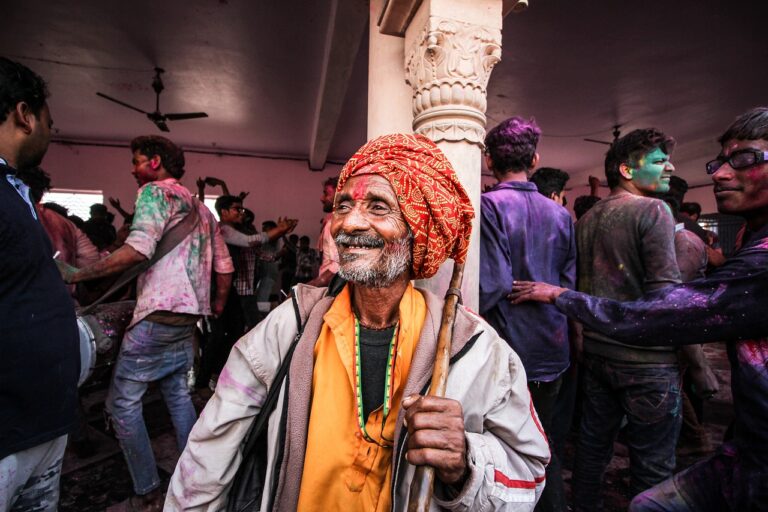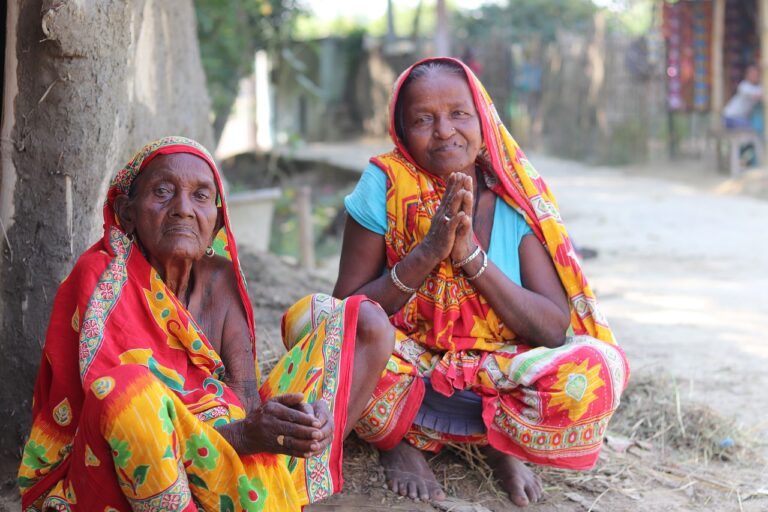The Economics of Election Campaigns: Spending, Fundraising, and Impact
Election campaign spending has been on a steady rise in recent years, with candidates and political parties allocating substantial amounts of money to fund their campaign efforts. This trend is in part due to the increasing costs associated with advertising, staff salaries, technology, and other campaign necessities. Candidates are under pressure to raise significant funds in order to effectively compete and convey their message to voters.
Moreover, the digital age has revolutionized the way campaigns are run, leading to a shift towards online advertising and social media outreach. This has opened up new avenues for reaching and engaging with voters, but has also added to the overall costs of campaigning. As a result, campaign spending trends continue to evolve, with a greater emphasis placed on digital strategies and online fundraising campaigns to drive financial support and mobilize voters.
The Role of Fundraising in Political Campaigns
Fundraising plays a crucial role in political campaigns, as candidates need substantial financial resources to run a successful campaign. From paying staff and running ads to organizing events and conducting outreach, money is needed at every step of the electoral process. Without adequate funds, candidates may struggle to reach out to voters and convey their message effectively.
In today’s political landscape, fundraising has become more sophisticated, with candidates utilizing various strategies to attract donations. Online platforms and social media have significantly expanded the reach of fundraising efforts, allowing candidates to connect with a wider donor base. Moreover, the rise of crowdfunding has enabled grassroots campaigns to mobilize supporters and raise funds from a larger pool of donors.
• Fundraising is essential for candidates to have the financial resources needed to run a successful campaign
• Money is required for various aspects of campaigning such as paying staff, running ads, organizing events, and conducting outreach
• Without adequate funds, candidates may struggle to effectively reach out to voters and convey their message
In today’s political landscape:
• Fundraising has become more sophisticated with the use of online platforms and social media
• Candidates can now connect with a wider donor base through these channels
• The rise of crowdfunding has allowed grassroots campaigns to mobilize supporters and raise funds from a larger pool of donors.
The Influence of Big Donors on Elections
Big donors play a significant role in shaping the outcomes of elections by providing substantial financial support to political candidates. The influence of these big donors can be seen in the increased campaign spending that allows candidates to reach a broader audience and create more visibility for their platforms. As a result, candidates who have the backing of big donors often have a competitive advantage in terms of resources and campaign strategy.
Moreover, big donors have the power to sway political decisions and priorities by supporting candidates who align with their own interests and agendas. This influence can sometimes raise concerns about the potential for undue influence on public policy and decision-making processes. The ability of big donors to contribute large sums of money to political campaigns raises questions about the fairness and transparency of the electoral process, highlighting the need for campaign finance reforms to ensure equal representation and accountability in elections.
How do election campaign spending trends impact the political landscape?
Election campaign spending trends can heavily influence the outcomes of elections, as candidates with more financial resources are able to reach a larger audience and promote their platform more effectively.
What role does fundraising play in political campaigns?
Fundraising is essential for political campaigns, as it allows candidates to finance advertising, travel, staff salaries, and other expenses. Without sufficient funds, candidates may struggle to compete effectively in elections.
How do big donors influence elections?
Big donors can have a significant impact on elections, as their large contributions can give them access to candidates and influence over their policy decisions. This can potentially skew the political process in favor of wealthy individuals or special interest groups.
Are there regulations in place to limit the influence of big donors on elections?
Yes, there are regulations in place to limit the influence of big donors on elections, such as campaign finance laws that impose limits on individual contributions and require transparency in reporting donations. However, some critics argue that these regulations are not always effective in preventing undue influence.







